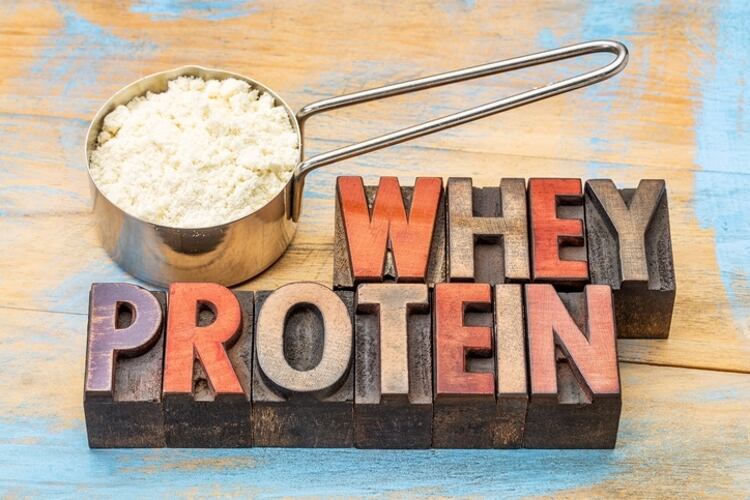The researchers from the Department of Agricultural Sciences, Biotechnology, and Food Science, at the Cyprus University of Technology in Limassol, say that, among other uses, the development of dairy-type whey beverages will provide consumers with a high-nutritional quality product, while creating innovation opportunities for the dairy industry.
They add that whey-derived bioactive components have antimicrobial, anti-inflammatory, and antioxidant properties hence the functional quality for the health-conscious consumer.
Due to increased cheese manufacture, the challenge of creating innovative products from whey continues to grow.
However, they add, based on the positive effects of whey, new products have been discovered and this has resulted in minimizing the overall waste of whey.
The study says that some of the world’s largest dairy companies have already introduced a new generation of products based on whey. For instance, Arla Food Ingredients has developed a low-volume, high-protein medical beverage that contains 10 g of high-quality whey protein and is low in lactose.
Also, Nestlé Health Science has developed a whey powder, Resource Whey Protein powder, which is a soluble protein designed for the dietary management of malnourished patients. Nestlé Health Science has also introduced a whole new product series called Boost; the series includes a line of nutritional drinks with high-quality protein, vitamins and minerals, including calcium and vitamin D.
Many other companies continue to develop whey-based powders, such as Fonterra with the Whey Protein Concentrate (80% protein) and Whey Protein Isolate (approximately 90%) along with Lactalis with Flo Whey-whey powders and Pronativ, Native Whey Protein.
The researchers say such products are a great source of protein digested by the body, allowing fast absorption of its nutritional benefits into the body.
The paper considers the potential uses for whey in beverages, including in sports, noting that sports drinks can be consumed before or during physical activity, and provide an excellent alternative to plain water for athletes as they prevented hydration. The majority of sports drinks are formulated to deliver carbohydrates and electrolytes (such as sodium, potassium, calcium, and magnesium) for fluid absorption and energy.
Some sports drinks may also include protein and vitamins and other nutrients, with the generally recommended protein intake for the athletes about 1g (general training) and 2g (intense training loads, adolescents in a growth spurt, muscle building) of protein/kg bodyweight per day.
The study notes that many athletes consume whey protein for its rich branched chain amino acid (BCAA) content; important constituents for protein synthesis and muscle growth during the recovery period after endurance exercise.
The continuous growth of the dairy industry generates large amounts of whey as a by- or co-product, forcing the industry to find ways of treating/valorizing it, the paper states, adding that, because the health benefits of sweet whey for human health are becoming widely known is important as in this scenario, companies need to develop dairy-type whey beverages with outstanding nutritional qualities that will be accepted by consumers.
Additional research into creatively utilizing whey will be essential in order to establish and expand the future of functional dairy beverages in the global dairy industry, the scientists conclude.
Papademas P, Kotsaki P (2019)
Technological Utilization of Whey towards Sustainable Exploitation.
J Adv Dairy Res 7: 231.
doi:10.35248/2329-888X.19.7.231

